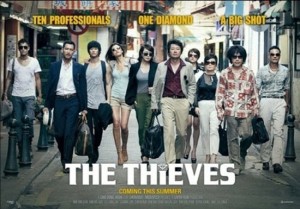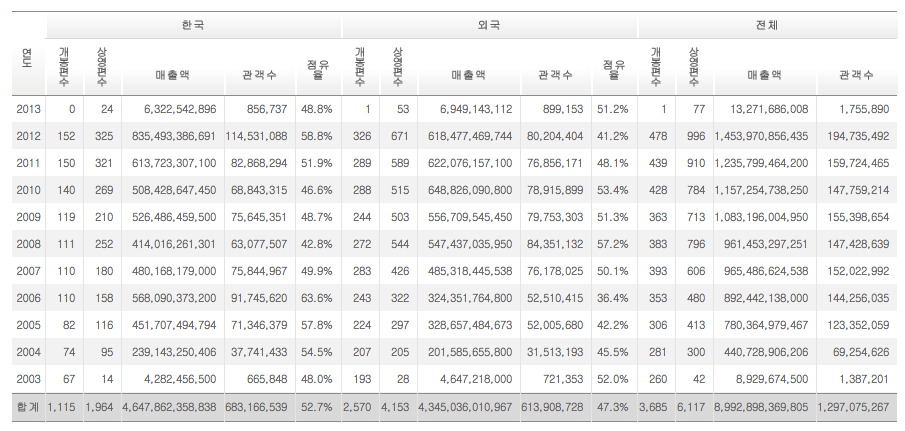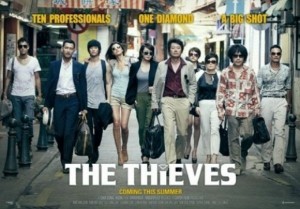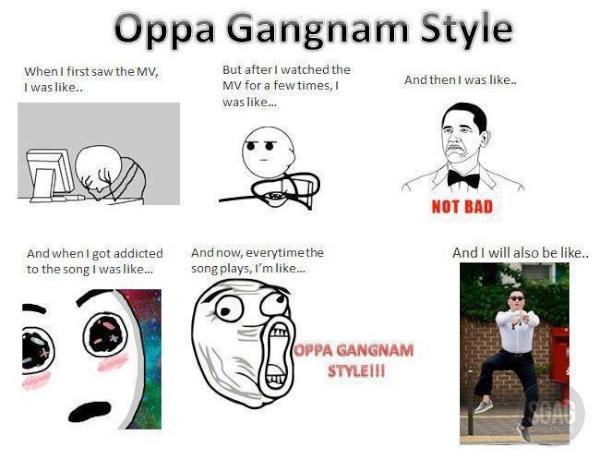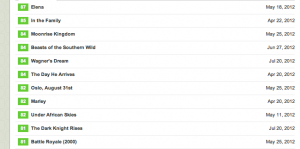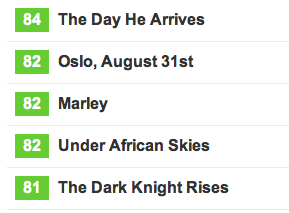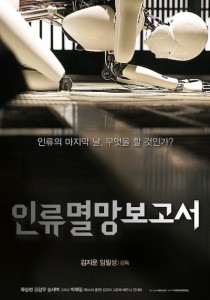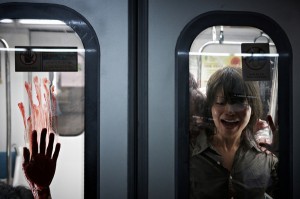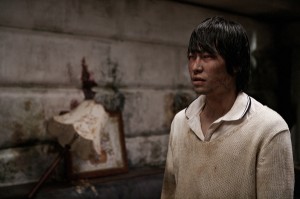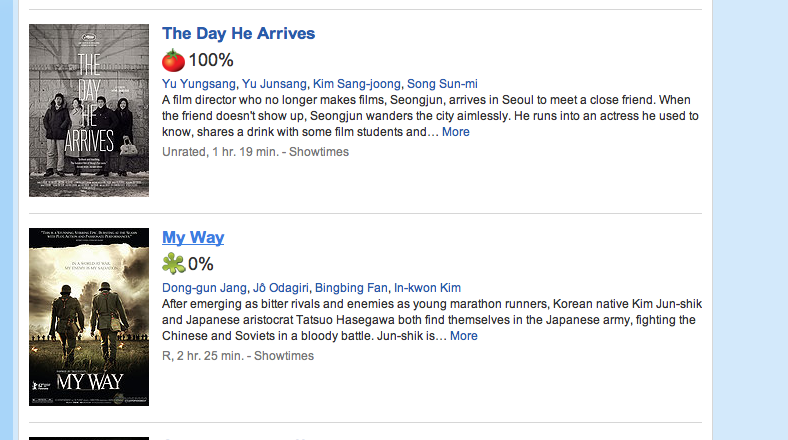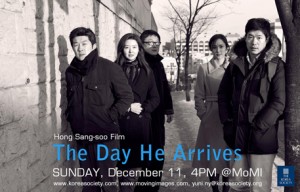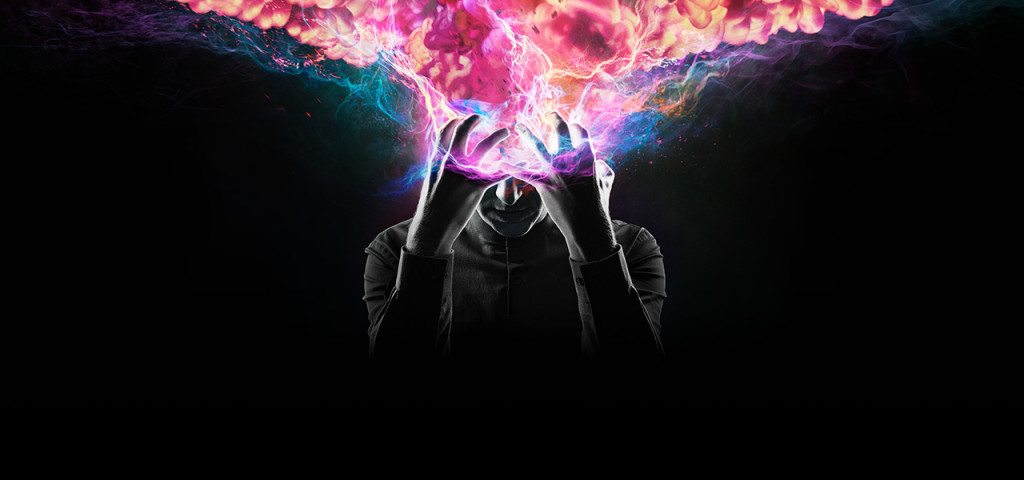
Okay, superheroes and science-fiction media franchises have been big business for around a decade now. So many superhero movies are getting released all the time, I know we’re getting sick of it all. But having just finished watching the Legion TV series, I think it’s safe to say the genre has really taken a major step forward, at least in terms in TV and the movies — at last, superhero media are becoming templates for telling all types of stories, light, serious, mainstream, and weird, like the comic books that inspired them.
When it comes to TV and movies, so much of superhero storytelling has long seemed, well, just bad. Even as a 7-year-old, watching the original Superman movie, the concept of spinning the planet Earth backwards to reverse time seemed pretty sketchy. Hollywood’s approach to superheroes, like scifi or fantasy in general, wasn’t very smart or respectful of the genre … and certainly not very good as scifi or fantasy.
But then in 2000 came the first X-Man movie, and its relative quality was a big surprise, followed by X-Men 2 and the first Spider-Man movies. Nevertheless, in terms of sophistication, tone, etc., most comics book movies and sci-fi movies were decades behind the mainstream culture (let alone the cutting edge) in writing and drawing.
Christopher Nolan’s Batman films were a big step forward and got all sorts of praise; but, really, they were mostly just updating the superhero movie to about the point of Frank Miller’s Dark Knight Returns miniseries (which came out in 1986!). Yes, they were progress, but still 25 years or so behind the comics (and then the Superman V. Batman movie went right back to that same well for more ideas).
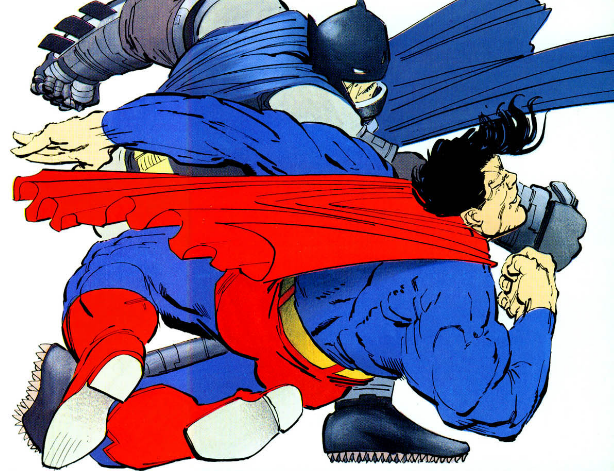
And even Nolan’s “serious” movies like Inception and Interstellar were pretty sketchy in terms of sci-fi — “the power of love” helping the hero cut through space-time to save the day? In 2014? Really?
Anyhow, so Marvel begins to kick butt once they took over their own production with the first Iron Man movie. People were generally pretty impressed and the film got lots of great reviews, peaking with the Avengers, but people soon grew tired with the noisy, meaninglessness of it all.
But it looks like Marvel was keeping an eye out on popular opinion, and took steps to stay ahead of the curve. And rather than doing so by emphasizing special effects and bombast, they’ve instead chosen to focus more on finding interesting voices to tell those stories. Choosing oddballs like James Gunn (who came from Troma Studios) and Scott Derrickson (who did a Hellraiser movie) was a sign of a new set of priorities.
This year, that approach to superheroes really got a lot more interesting, with the much-praised Logan movie, and now with the Legion TV series.
I really loved Legion in particular because I so vividly remember reading those Chris Claremont-Bill Sienkiewicz issues of New Mutants that inspired the TV show. Back in the mid-1980s, coming across art like Sienkiewicz in mainstream comics was really mind-blowing. Collages, mixed media, and furious scribbles of jagged ink defined Sienkiewicz’s art, and I went crazy for it.
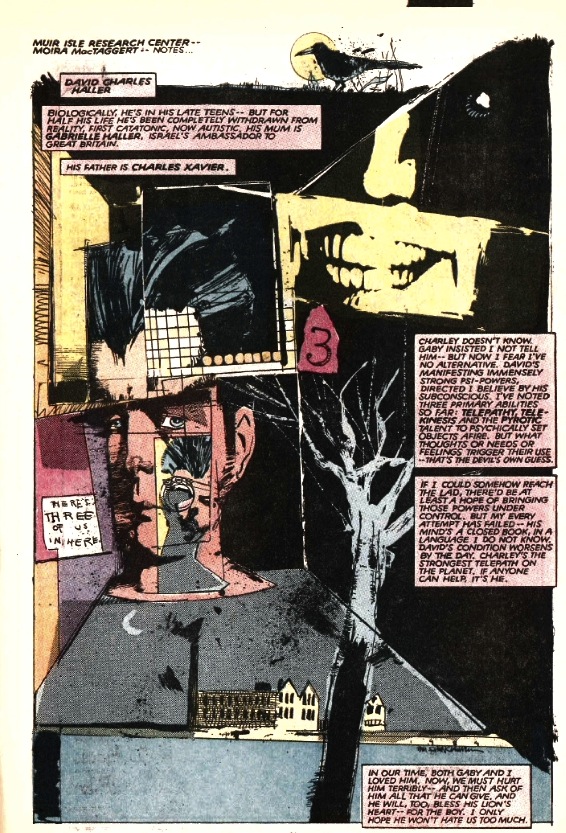
Combining those classic comics with Noah Hawley (Fargo) was a masterstroke. As Bill Simmons said of the 30 For 30 documentary series he devised for ESPN: If you hire brilliant people, get out of the way and let them be brilliant.
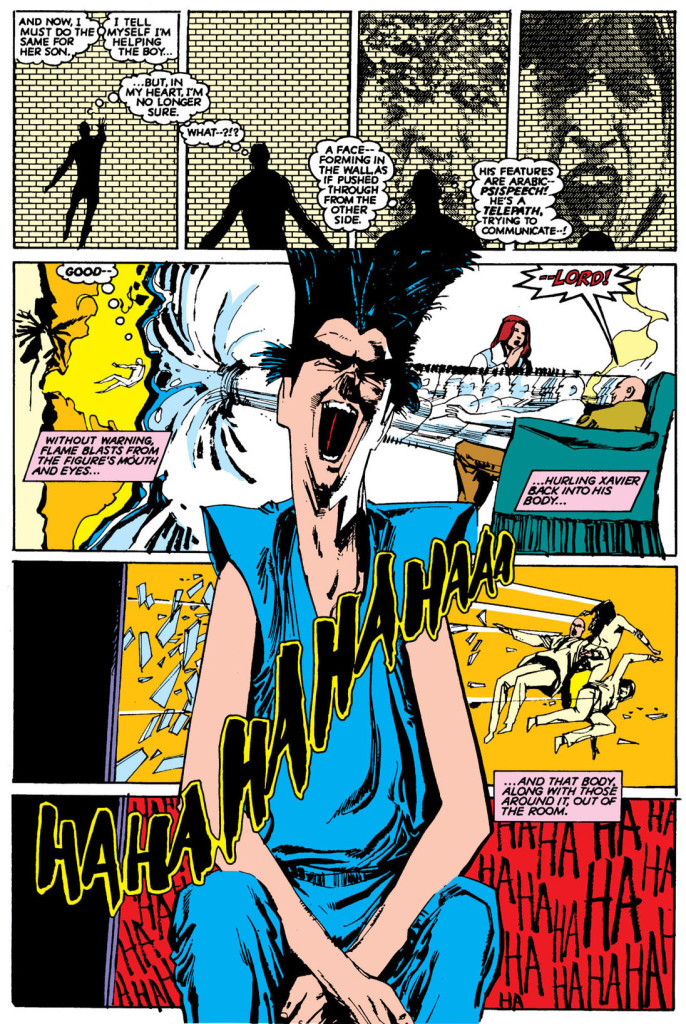
To be honest, I was a bit ambivalent after the opening episode of Legion. I thought it was a bit precious, like it was trying too hard. I was worried that once the story got going, it was going to revert into something more traditionally superhero-y, with cheap, TV-level special effects. Was I ever wrong. Throughout the first season of Legion, the storytelling remained vibrant and creative, based on the characters rather than mindless action.
Factor in other good examples, like Arrival (a decent, if flawed, attempt to bringing Ted Chiang’s “Story of Your Life” to the big screen) and perhaps Blade Runner 2049, and it is looking like this is a very good time to be a fan of scifi movies.
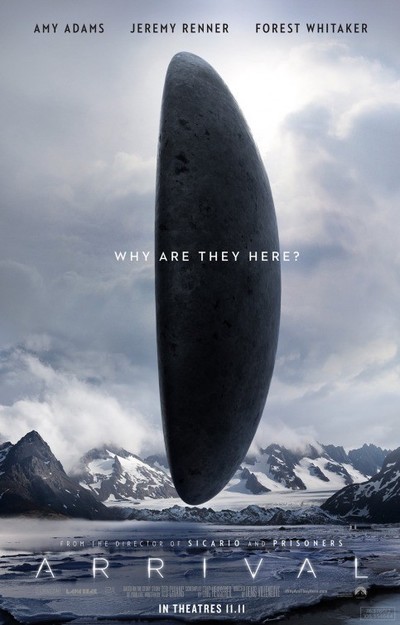
Of course, there will still be plenty of dumb scifi and superheroes coming our way. 95% of everything is junk, as the saying goes. But it is nice to think that the best stuff is getting better, really pushing the boundaries of TV and film — even if it took a generation for those media to catch up to the comics.
